(ECNS) -- China is already the engine of Asia and increasingly, it is also the engine of the world, Chris Lipscombe, New Zealand China Friendship Society National President, made a positive comment on China’s role in world economic recovery in a recent interview with China News Network.
Lipscombe said that the relationship that New Zealand had with China really helped New Zealand weather the global financial crisis of 2008.
“We're gonna rely on China's economic strength and resilience to be able to pull, certainly, our part of the world, the Asia Pacific region, into an era of increased prosperity,” he said.
This year marks the 10th anniversary of the China-proposed Belt and Road Initiative (BRI), a global cooperation platform that has continuously brought opportunities to the world.
Lipscombe thought highly of the bilateral cooperation between China and New Zealand, saying working with Chinese partners to address opportunities seems like a natural extension of the BRI.
Except for the BRI which has radiated over 60 countries, China has also paid its attention to its domestic market, releasing signals of creating more favorable environment for foreign investors, for example, continuously opening its market, strengthening its efforts to attract foreign investment, and providing good services to foreign-funded enterprises.
These ways, in the eyes of Lipscombe, can provide some kind of predictability or certainty for business.
According to him, the white lists or restricted lists issued by China have clarified what kinds of goods can be brought in and out of the country, which is the most helpful to foreign-owned or foreign-funded enterprises in China.
Meanwhile, China has made some great strides in intellectual property rights management, with transparent rules established and implemented in the country, providing a much more predictable environment for businesses that are looking to establish themselves or have established themselves in China, he said.
When talking about prospects of New Zealand’s enterprises in China, Lipscombe stressed that his country has a great deal to learn from Chinese companies, scientists, engineers and researchers who are able to understand market requirements and to move quickly to satisfy those.

“There’s a great opportunity for market validation for New Zealand companies working in China as well. We can take some of our expertise and things like animal husbandry or agriculture and look to test those in the Chinese market. I have to say that I have always thought there are opportunities for third market or third country of development as well,” he said.
He also expressed his expectations for the return of Chinese tourists as China resumed outbound group travel in February to some destinations, including New Zealand.
According to him, tourism for New Zealand is an important economic driver, but the country lost a significant earner of foreign exchange due to the closure of the borders caused by COVID-19.
“Previous to the Covid closures, China was second-only to Australia in the number of tourists that came to New Zealand,” he said.
“I’ve already emphasized how important they are in terms of number, but actually, Chinese tourists also spend a reasonable amount of money per head. They don't often come as backpackers, for example, so they're important to New Zealand,” he added.
Moreover, Lipscombe also acclaimed New Zealand’s friendly relationship with China, which celebrated the 50th anniversary last year.
“We’ve seen an incredible growth in trade and commerce between our two countries, so I'm pleased to say that the last 50 years have seen peace and prosperity as a direct result of the relationships of New Zealand had with China,” he said.
He stressed that both sides should strengthen exchanges and trust each other. “Not just business or trade, but cultural exchanges, art exchanges, sporting exchanges, film exchanges, all of these are ways of ensuring that we are building a better understanding of each other's cultures, motivations and certainly be keen to see as it strengthening those.”
Xin Yuqi and Jia Tianwei contributed to this report








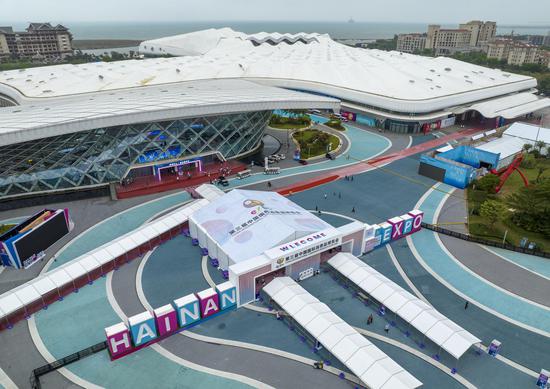
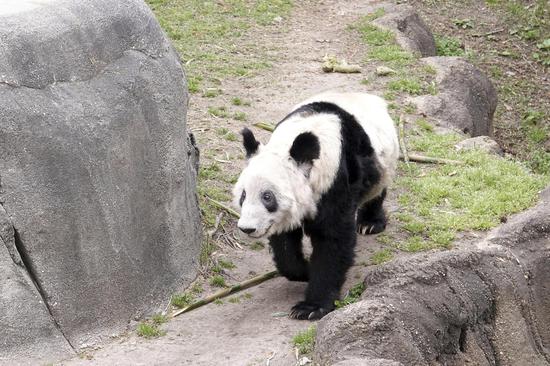
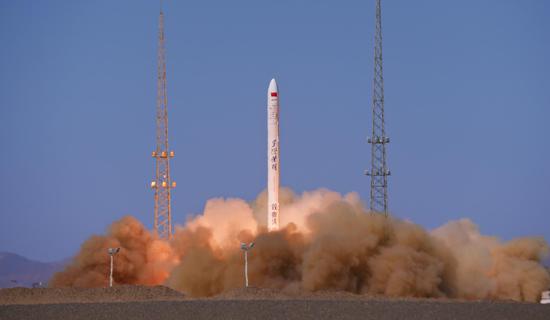
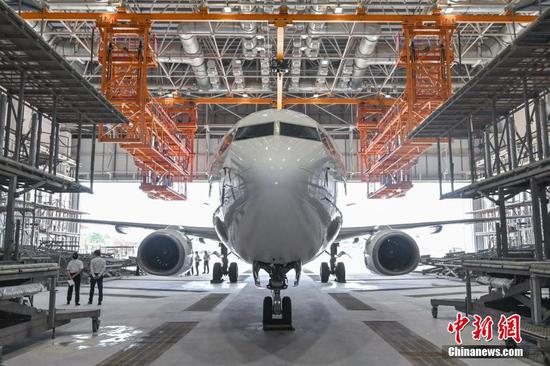
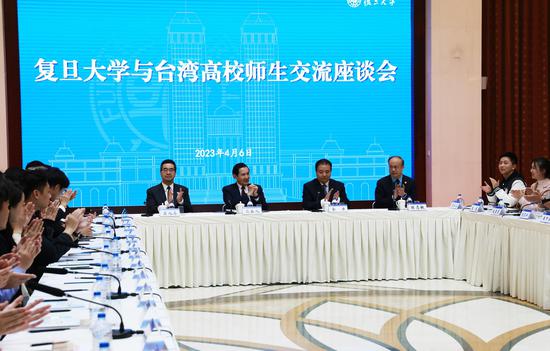
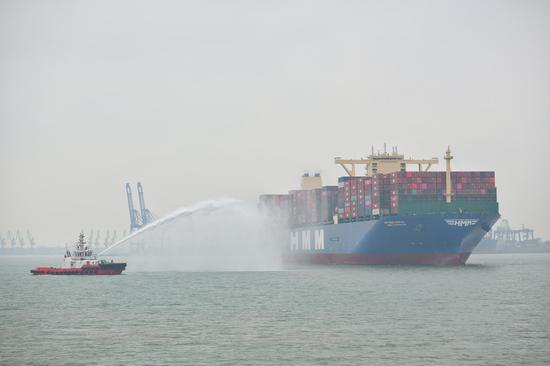
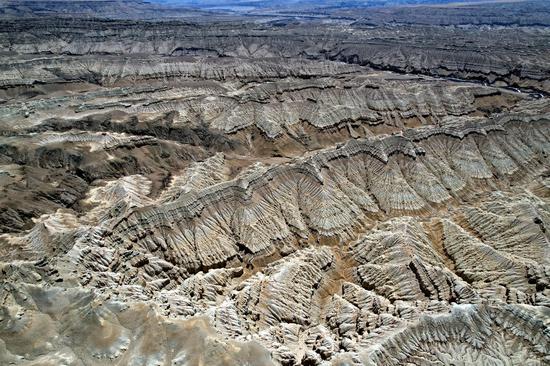
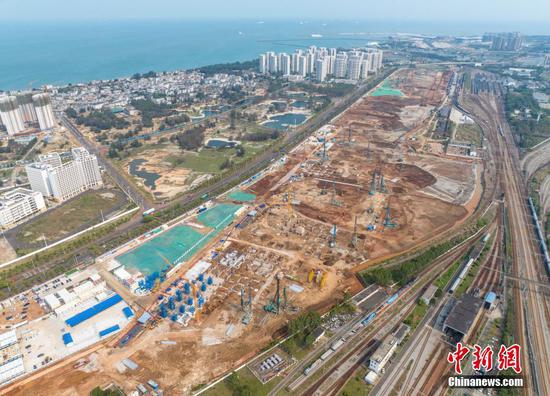
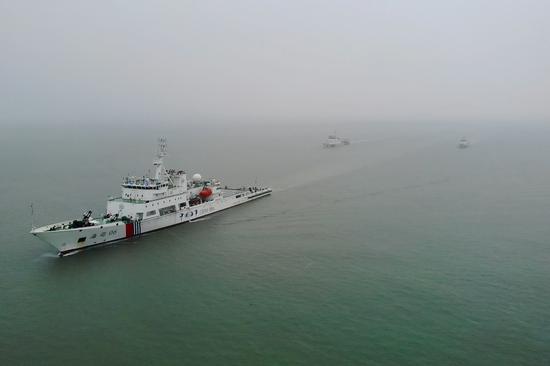
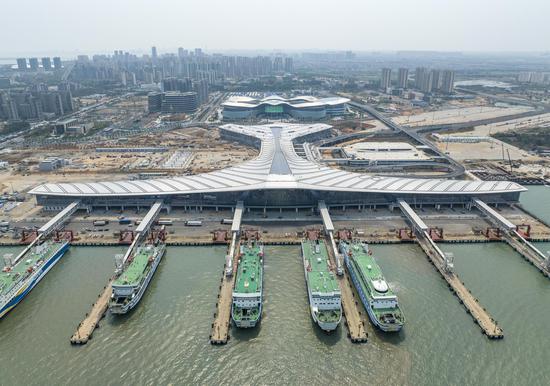
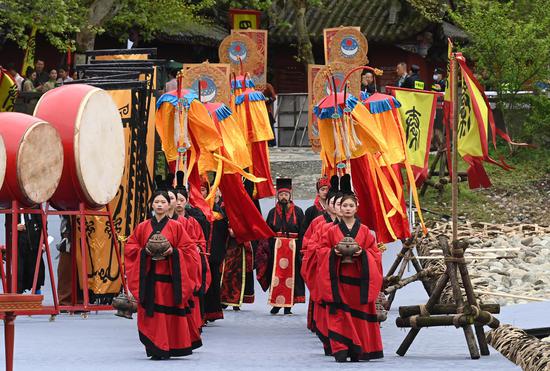



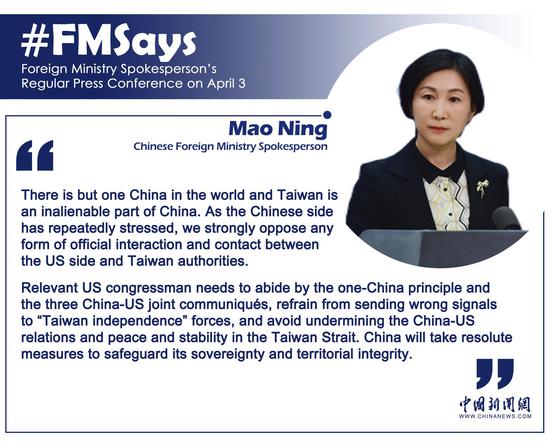
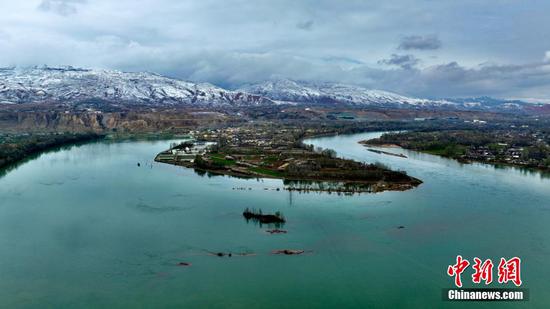
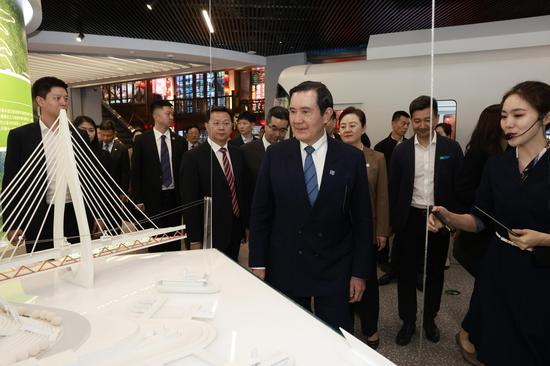
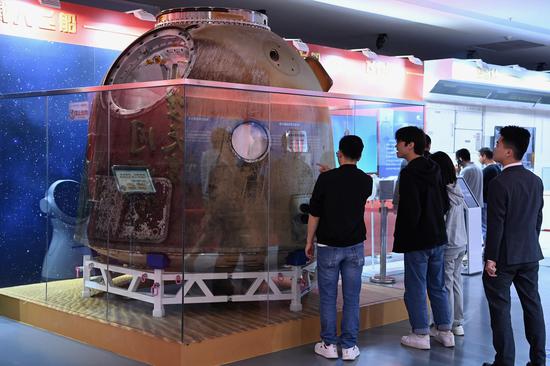
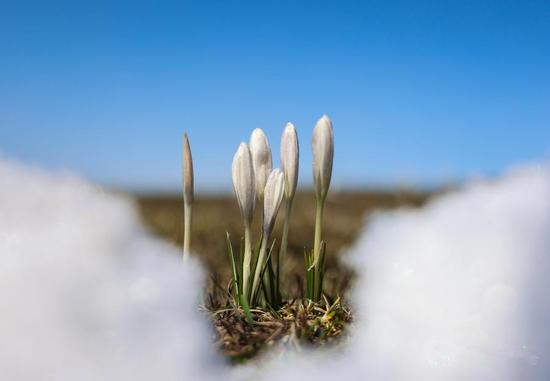
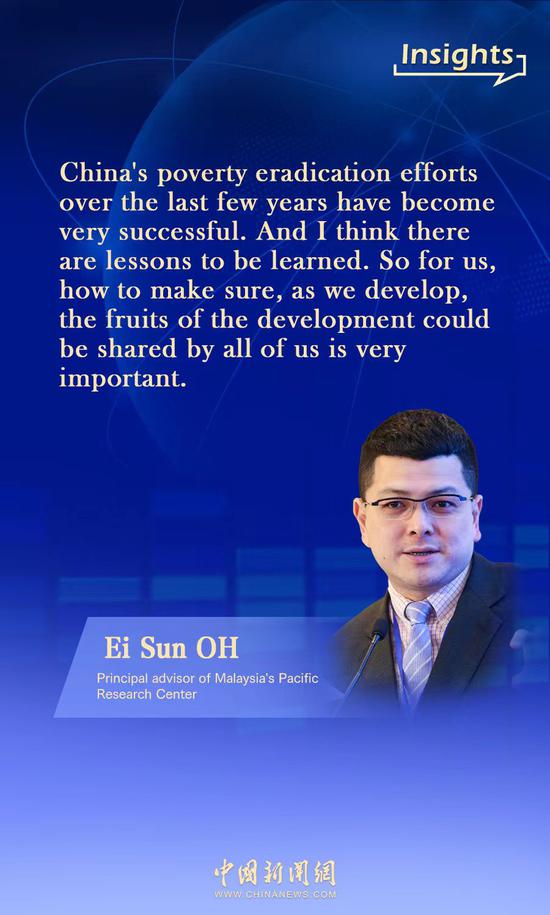

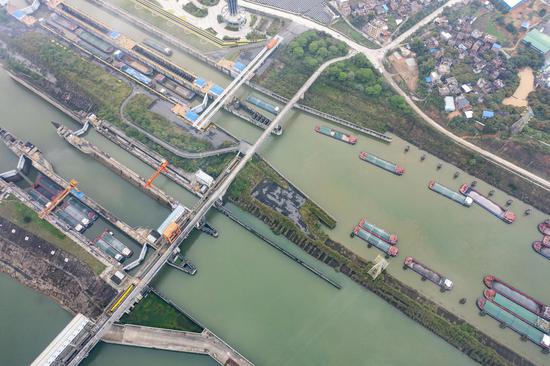
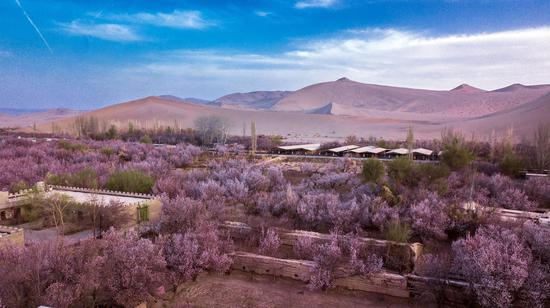
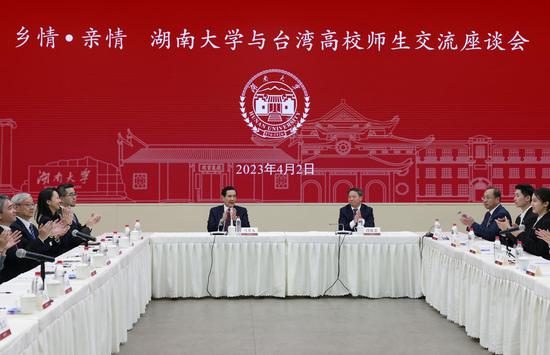
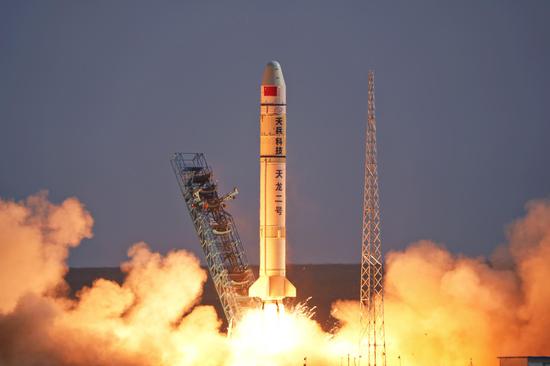

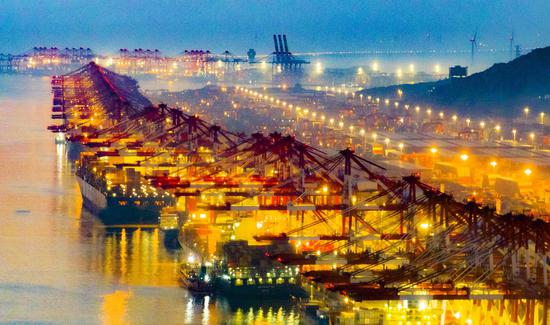
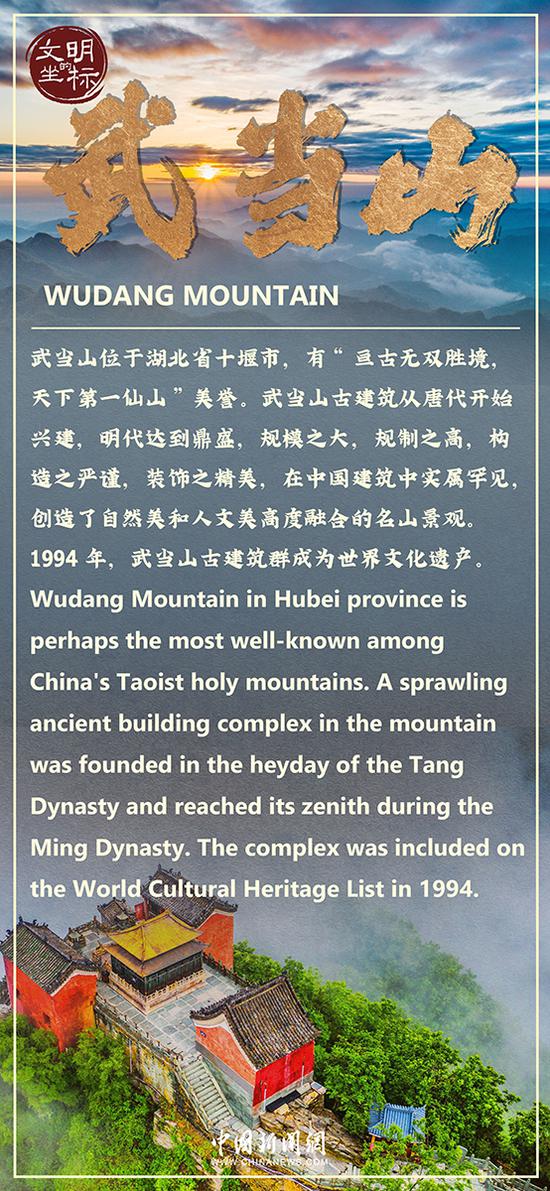
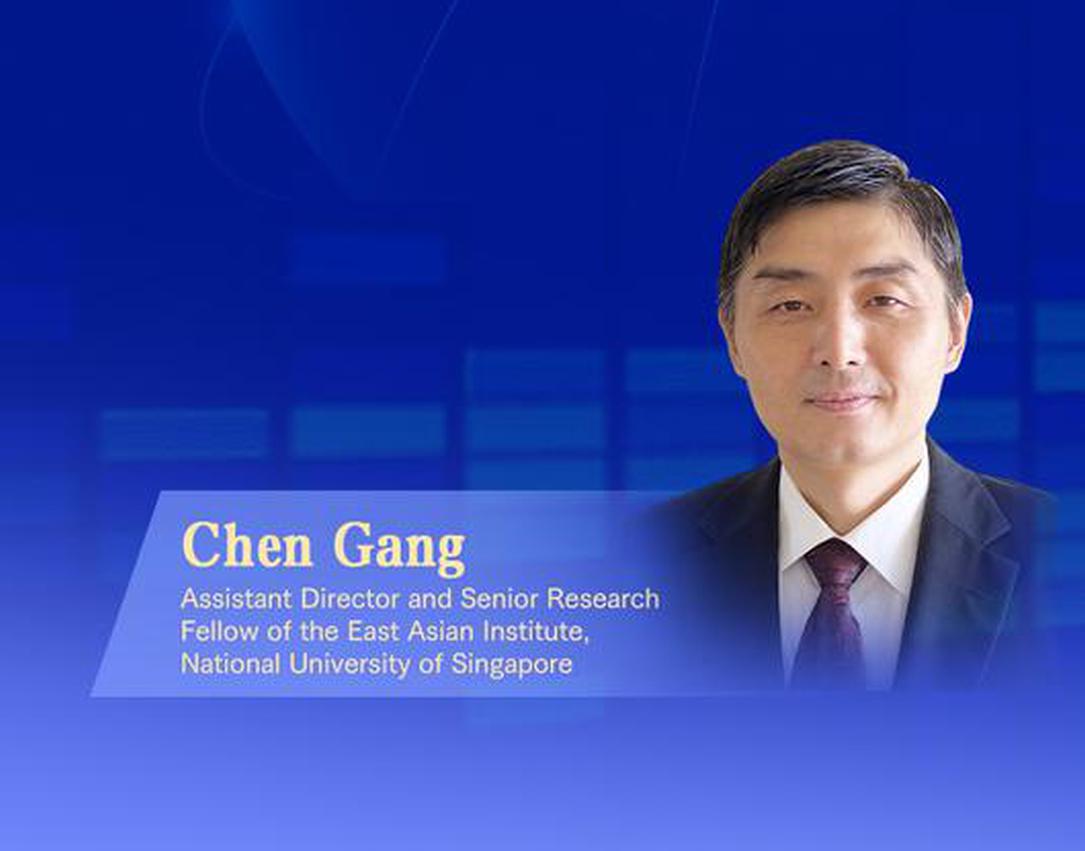
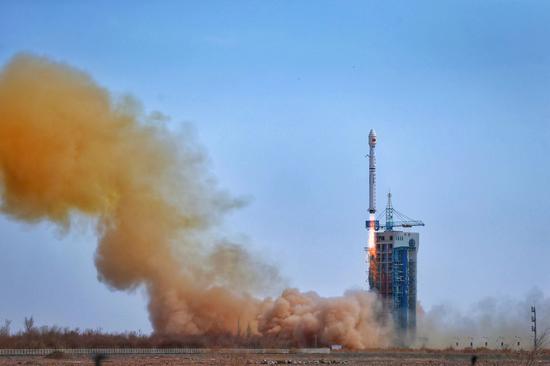
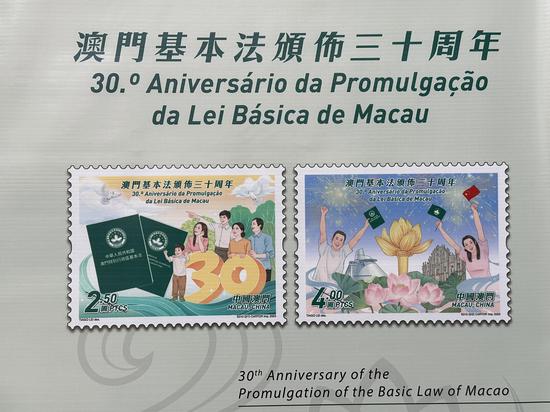



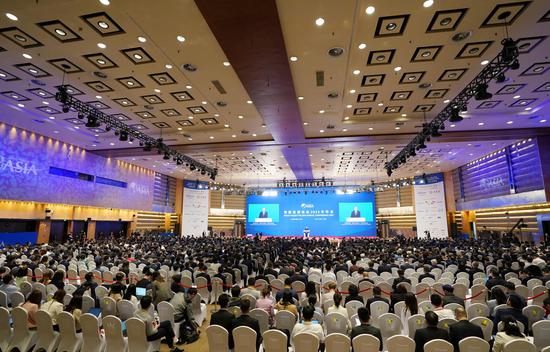
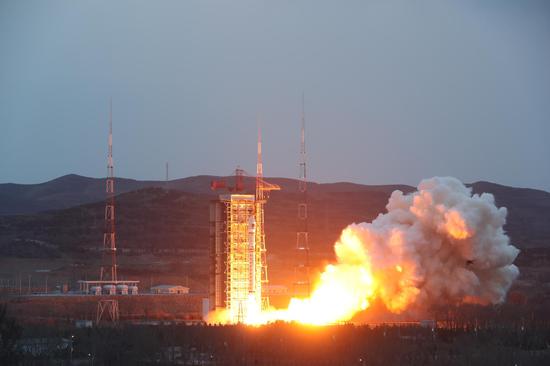






 京公网安备 11010202009201号
京公网安备 11010202009201号